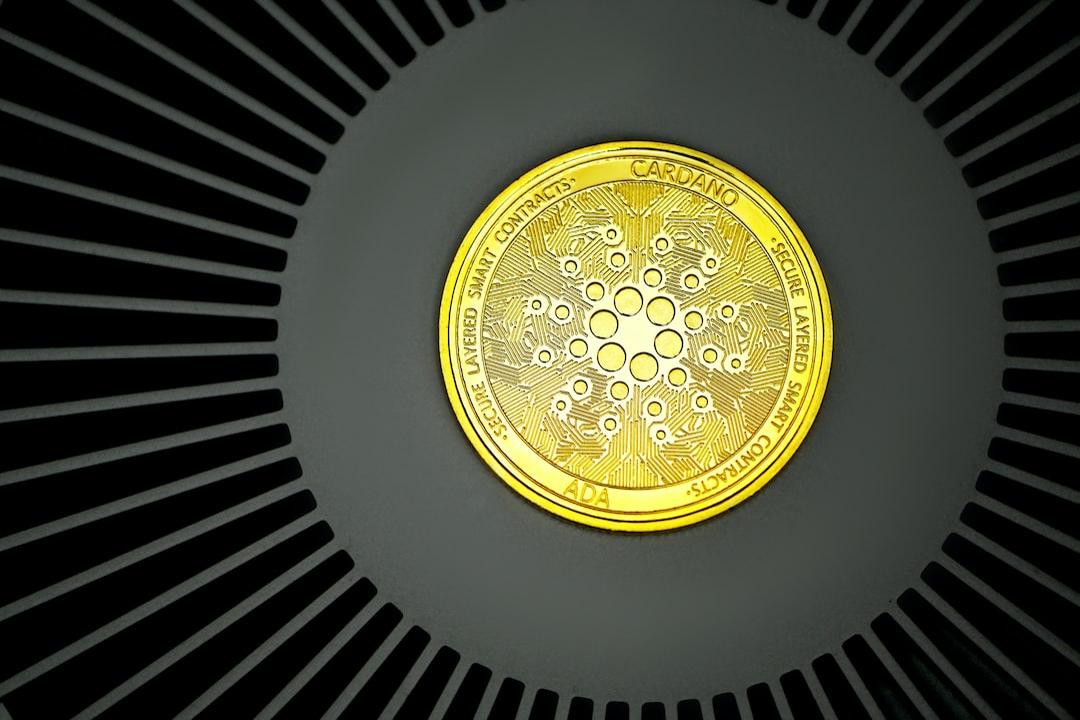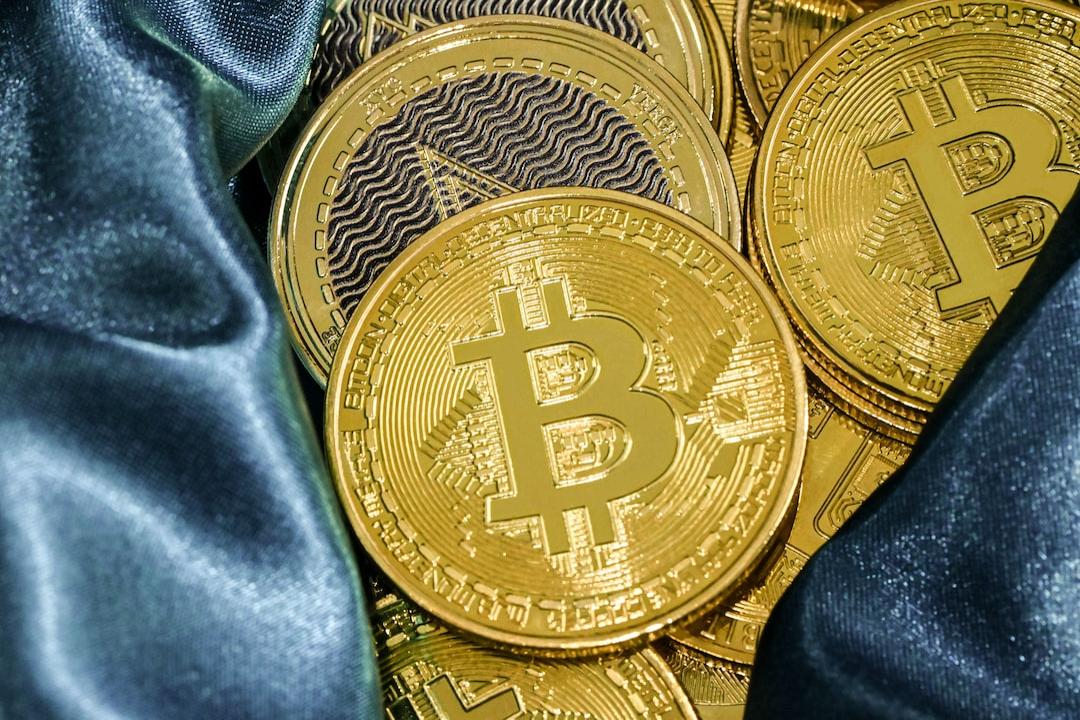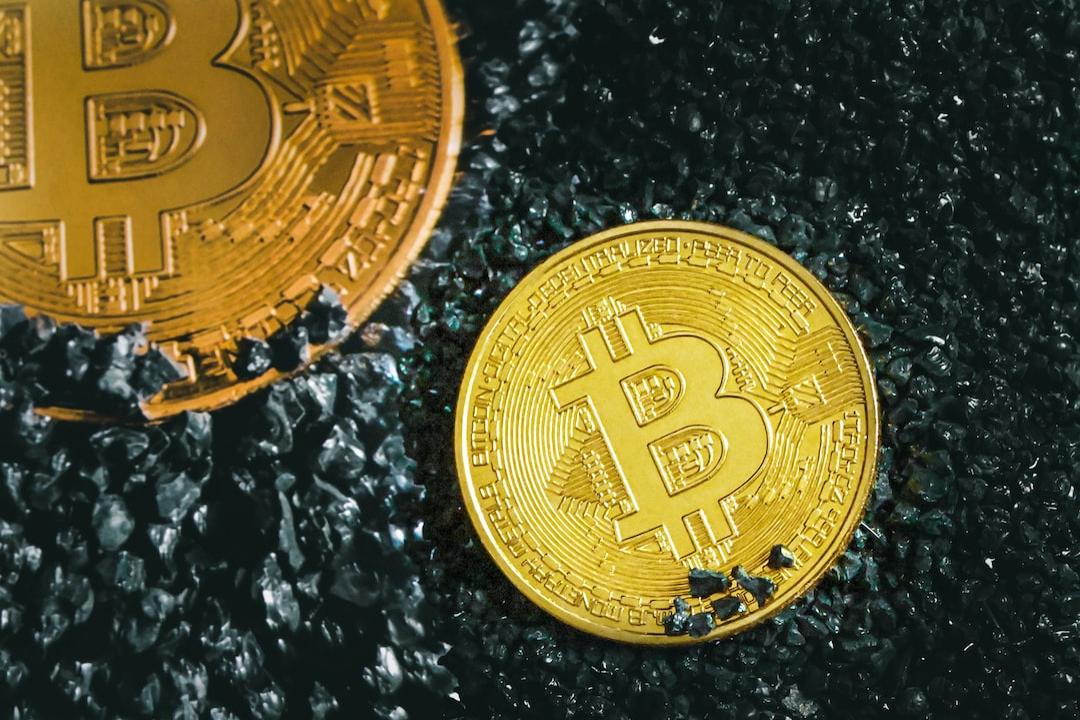Schiff: Lowering Interest Rates Counterproductive
Economist Peter Schiff has panned the idea supported by then-U.S. President Donald Trump that lowering interest rates could help America transition from an import-dependent economy to a manufacturing one. Schiff argues that hiking interest rates instead of lowering them will put the U.S. economy on that path.
The latest remarks by Schiff, who has grown increasingly critical of the Trump administration’s policies, came hours after the former U.S. president reiterated his call for Federal Reserve Chairman Jerome Powell to lower interest rates. In a post on his social media platform, Trump suggested that failing to lower interest rates could derail the economy.
As reported by Bitcoin.com News and other media outlets, Powell is of the opinion that Trump’s policies could lead to higher inflation and slower growth. Still, the Federal Reserve chairman has resisted calls to cut interest rates and has insisted on adhering to the policy of acting after scrutinizing risks and data. This position drew the ire of the former president, who accused Powell of deviating from this policy to help his political opponents.
Some observers have said Trump’s latest attacks on Powell are rattling markets already reeling from his tariff policies. Other Trump critics, like Sen. Elizabeth Warren, have warned of even dire consequences for the economy if Powell is removed as head of the Federal Reserve.
Meanwhile, in his April 22 post on X, Schiff insisted preemptively cutting interest rates as Trump demanded will have the opposite effect.
“Everyone calling for lower interest rates to help ease the pain as the U.S. economy transitions from imports back to manufacturing has it backward. That transition won’t happen without higher interest rates. Lower interest rates are counterproductive toward achieving that goal,” the economist wrote.
However, when one of his followers suggested that slashing interest rates to near zero might help the U.S. economy transition to a manufacturing one, Schiff retorted: “It will prevent it.”
Dow on Pace to Match Great Depression Feat
In another post, Schiff highlighted a new normal emerging in which “money is moving from U.S. stocks into non-U.S. stocks.” This trend, Schiff said, was seen on Easter Monday, April 21, when “most” foreign stocks went up, with many hitting new 52-week highs. This contrasted with the huge sell-off in U.S. stocks, which culminated in the Dow Jones Industrial Average dropping further. According to a Kobeissi Letter post on X on April 22, the Dow is “currently on track for its worst April performance since 1932, during the Great Depression.”

Schiff meanwhile rejects the notion that Trump has single-handedly ended American exceptionalism with his tariff policies.
“It’s not all his fault. He just provided the catalyst for what was going to happen eventually anyway. This disaster was decades in the making. I know as I’ve known it was coming the entire time. I just didn’t know it would take this long to play out,” Schiff stated.






